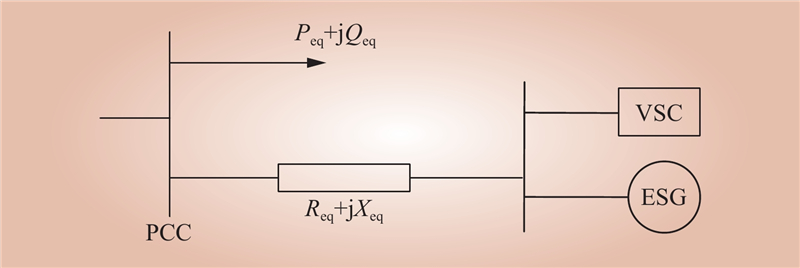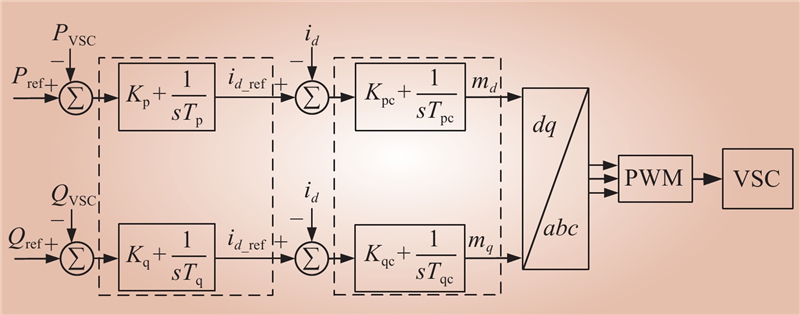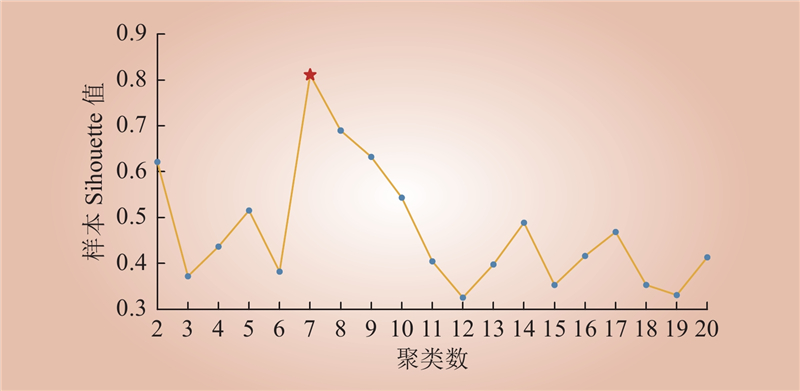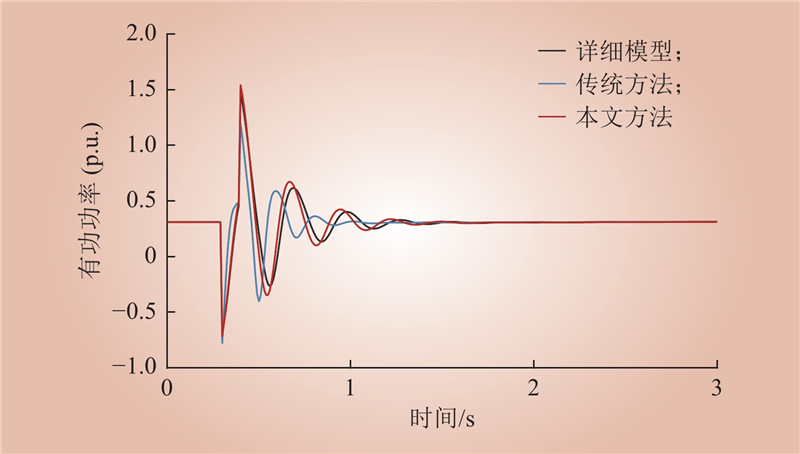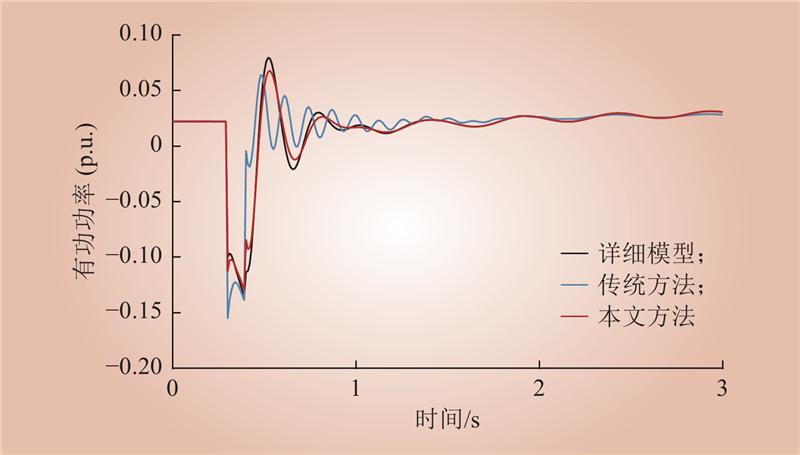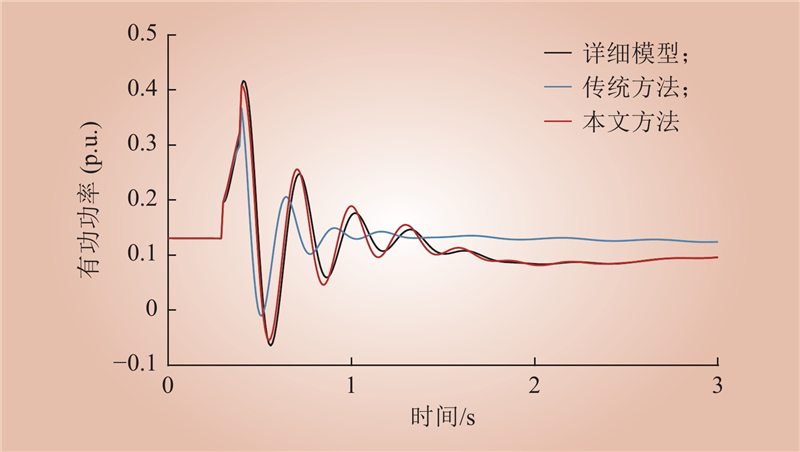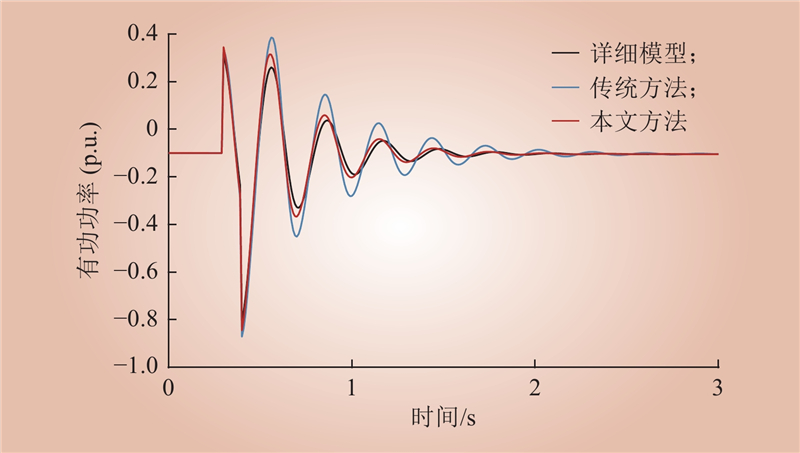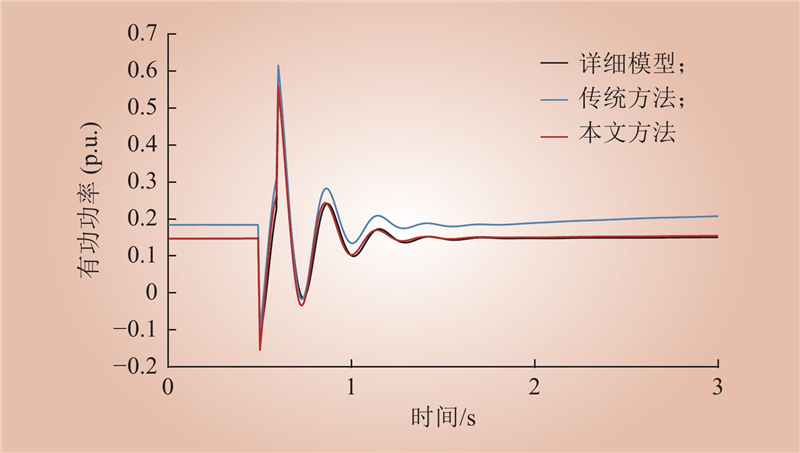| 1 |
周原冰, 杨方, 余潇潇, 等. 中国能源电力碳中和实现路径及实施关键问题[J]. 中国电力, 2022, 55 (5): 1- 11.
|
|
ZHOU Yuanbing, YANG Fang, YU Xiaoxiao, et al. Realization pathways and key problems of carbon neutrality in China's energy and power system[J]. Electric Power, 2022, 55 (5): 1- 11.
|
| 2 |
张运洲, 张宁, 代红才, 等. 中国电力系统低碳发展分析模型构建与转型路径比较[J]. 中国电力, 2021, 54 (3): 1- 11.
|
|
ZHANG Yunzhou, ZHANG Ning, DAI Hongcai, et al. Model construction and pathways of low-carbon transition of China's power system[J]. Electric Power, 2021, 54 (3): 1- 11.
|
| 3 |
KONTIS E O, PAPADOPOULOS T A, SYED M H, et al. Artificial-intelligence method for the derivation of generic aggregated dynamic equivalent models[J]. IEEE Transactions on Power Systems, 2019, 34 (4): 2947- 2956.
|
| 4 |
XU Y H, GAO T C. Sub-synchronous frequency domain-equivalent modeling for wind farms based on rotor equivalent resistance characteristics[J]. Global Energy Interconnection, 2022, 5 (3): 293- 300.
|
| 5 |
于飞, 董乐, 李梅航, 等. 基于等效短线路解耦法的风电场模型分割仿真研究[J]. 电力系统保护与控制, 2023, 51 (19): 164- 172.
|
|
YU Fei, DONG Le, LI Meihang, et al. Model segmentation simulation of a wind farm based on an equivalent short-circuit decoupling method[J]. Power System Protection and Control, 2023, 51 (19): 164- 172.
|
| 6 |
查晓明, 张扬, 成燕, 等. 用于简化微电网结构的微分几何广义同调方法[J]. 电工技术学报, 2012, 27 (1): 24- 31.
|
|
ZHA Xiaoming, ZHANG Yang, CHENG Yan, et al. New method of extended coherency for micro-grid based on homology in differential geometry[J]. Transactions of China Electrotechnical Society, 2012, 27 (1): 24- 31.
|
| 7 |
HUA J C, AI Q, YAO Y. Dynamic equivalent of microgrid considering flexible components[J]. IET Generation, Transmission & Distribution, 2015, 9(13): 1688–1696.
|
| 8 |
FENG X, LUBOSNY Z, BIALEK J. Dynamic equivalencing of distribution network with high penetration of distributed generation[C]//Proceedings of the 41st International Universities Power Engineering Conference. Newcastle upon Tyne, UK. IEEE, 2007: 467–471.
|
| 9 |
FENG X, LUBOSNY Z, BIALEK J W. Identification based dynamic equivalencing[C]//2007 IEEE Lausanne Power Tech. Lausanne, Switzerland. IEEE, 2008: 267–272.
|
| 10 |
GOLPÎRA H, SEIFI H, HAGHIFAM M R. Dynamic equivalencing of an active distribution network for large-scale power system frequency stability studies[J]. IET Generation, Transmission & Distribution, 2015, 9 (15): 2245- 2254.
|
| 11 |
PAPADOPOULOS P N, PAPADOPOULOS T A, CROLLA P, et al. Black-box dynamic equivalent model for microgrids using measurement data[J]. IET Generation, Transmission & Distribution, 2014, 8 (5): 851- 861.
|
| 12 |
ZAKER B, GHAREHPETIAN G B, KARRARI M. A novel measurement-based dynamic equivalent model of grid-connected microgrids[J]. IEEE Transactions on Industrial Informatics, 2019, 15 (4): 2032- 2043.
|
| 13 |
MILANOVIĆ J V, MAT ZALI S. Validation of equivalent dynamic model of active distribution network cell[J]. IEEE Transactions on Power Systems, 2013, 28 (3): 2101- 2110.
|
| 14 |
CARI E P T, ALBERTO L F C, BRETAS N G. A new methodology for parameter estimation of synchronous generator from disturbance measurements[C]//2008 IEEE Power and Energy Society General Meeting-Conversion and Delivery of Electrical Energy in the 21st Century. Pittsburgh, PA, USA. IEEE, 2008: 1–7.
|
| 15 |
DENECKE J, ERLICH I. Dynamic equivalents of active distribution networks[C]//2017 IEEE Power & Energy Society General Meeting. Chicago, IL, USA. IEEE, 2018: 1–5.
|
| 16 |
DENECKE J, SCHEWAREGA F, ERLICH I. Identification of dynamic equivalents for active distribution networks[C]//2018 IEEE Power & Energy Society General Meeting (PESGM). Portland, OR, USA. IEEE, 2018: 1–5.
|
| 17 |
ZHENG C, WANG S R, LIU Y L, et al. A novel equivalent model of active distribution networks based on LSTM[J]. IEEE Transactions on Neural Networks and Learning Systems, 2019, 30 (9): 2611- 2624.
|
| 18 |
中国电力科学研究院. 电力系统分析综合程序7.1版动态元件模型库用户手册[R]. 北京: 中国电力科学研究院, 2016.
|
|
China Electric Power Research Institute. Dynamic element model library user's manual of power system analysis software package V7.1[R]. Beijing: China Electric Power Research Institute, 2016.
|
| 19 |
LIANG J, NG S K K, KENDALL G, et al. Load signature study—part I: basic concept, structure, and methodology[J]. IEEE Transactions on Power Delivery, 2010, 25 (2): 551- 560.
|
| 20 |
WANG F, FRANCO-PENYA H H, KELLEHER J D, et al. An analysis of the application of simplified silhouette to the evaluation of k-means clustering validity[C]//PERNER P. International Conference on Machine Learning and Data Mining in Pattern Recognition. Cham: Springer, 2017: 291–305.
|
| 21 |
王鹏, 张真源, 黄琦, 等. 计及模型泛化能力的小水电机群动态等值方法研究[J]. 中国电机工程学报, 2018, 38 (14): 4138- 4147.
|
|
WANG Peng, ZHANG Zhenyuan, HUANG Qi, et al. A dynamic equivalent method for small hydroelectric generation stack considering model generalization ability[J]. Proceedings of the CSEE, 2018, 38 (14): 4138- 4147.
|
| 22 |
谢会玲, 鞠平, 罗建裕, 等. 基于灵敏度计算的电力系统参数可辨识性分析[J]. 电力系统自动化, 2009, 33 (7): 17- 21.
|
|
XIE Huiling, JU Ping, LUO Jianyu, et al. Identifiability analysis of load parameters based on sensitivity calculation[J]. Automation of Electric Power Systems, 2009, 33 (7): 17- 21.
|
| 23 |
曹丽华, 丁皓轩, 葛维春, 等. 基于遗传算法的热电机组储热罐最优运行策略[J]. 中国电机工程学报, 2020, 40 (11): 3574- 3582.
|
|
CAO Lihua, DING Haoxuan, Ge Weichun, et al. Optimal operation strategy of heat storage tank in CHP unit based on genetic algorithm[J]. Proceedings of the CSEE, 2020, 40 (11): 3574- 3582.
|
| 24 |
田芳, 周孝信, 史东宇, 等. 基于卷积神经网络综合模型和稳态特征量的电力系统暂态稳定评估[J]. 中国电机工程学报, 2019, 39 (14): 4025- 4031.
|
|
TIAN Fang, ZHOU Xiaoxin, SHI Dongyu, et al. Power system transient stability assessment based on comprehensive convolutional neural network model and steady-state features[J]. Proceedings of the CSEE, 2019, 39 (14): 4025- 4031.
|
| 25 |
WANG P, ZHANG Z Y, HUANG Q, et al. Wind farm dynamic equivalent modeling method for power system probabilistic stability assessment[C]//2019 IEEE Industry Applications Society Annual Meeting. Baltimore, MD, USA. IEEE, 2019: 1–7.
|


